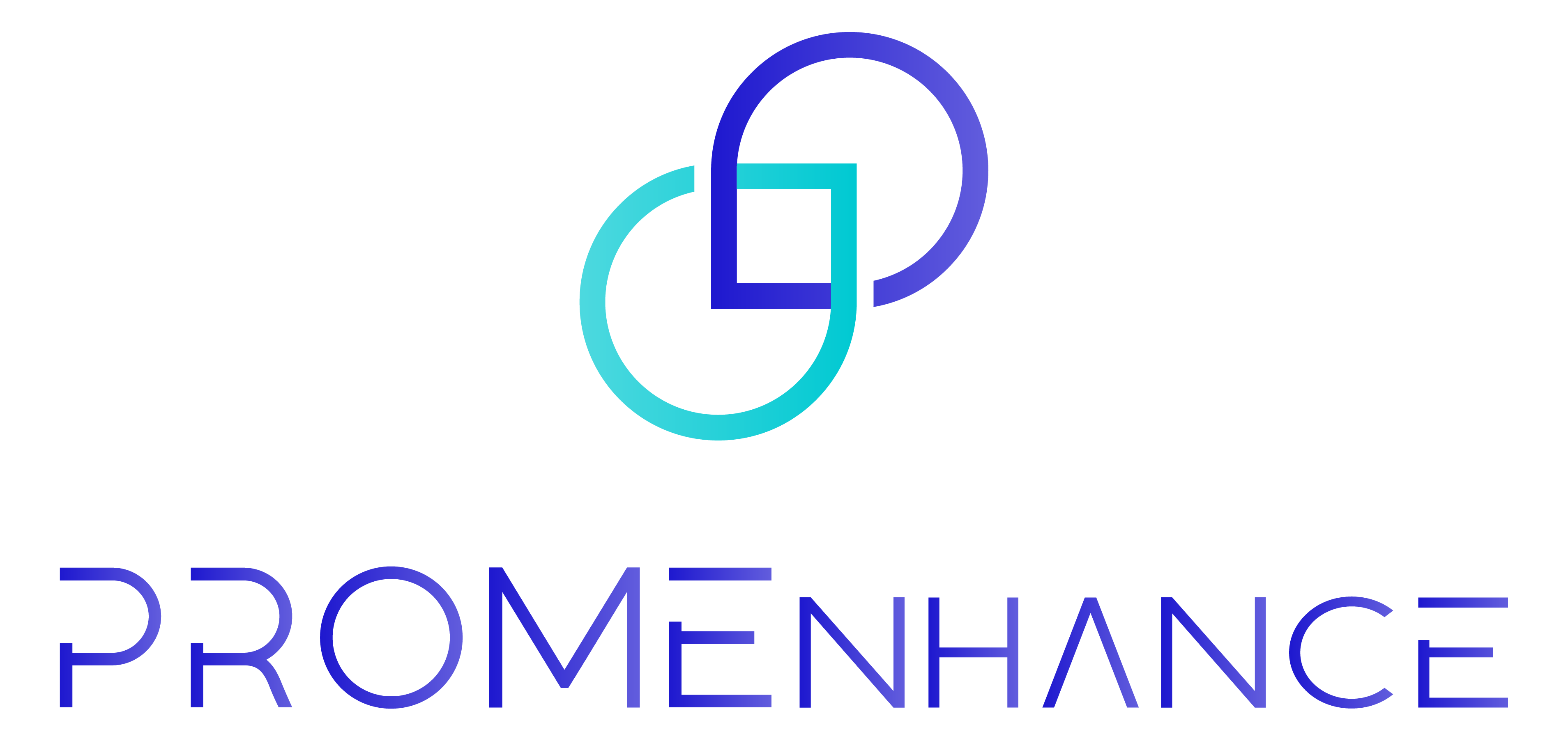
The current phase of European digital and green transition does challenge local and regional authorities to activate multistakeholder platforms and co-design innovative development paths, fully coherent with local context specificities but also with common EU-level strategic development, as expressed by National Recovery and Resilience Plans. New and consolidated sector-specific working routines need to be integrated in system level efforts, bringing together different disciplines and professional practices. Public Administrations are not the only actors interested in new professional profiles being able to participate in the new generation of planning activities, in which the private and civil society sectors are expected to play an important and positive role. That is why the project partners see the necessity and opportunity of exploring, analysing and structuring the emerging professional area that refers to innovation-oriented participatory local development, and proposing a reference and a learning community to support the initial training and continuing professional development of qualified professionals, based on a common European platform of partners and digital learning resources.

The PROMEnhance project aims to contribute to the professionalisation, at EU level, of participatory and innovative local development processes, based on the four priorities retained by the ERASMUS+ Programme, namely 1. Inclusion and Diversity, 2. Digital Transformation, 3. Environment and fight against climate change, and 4. Participation in democratic life, common values and civic engagement.
It will do so by achieving the following operational objectives:
